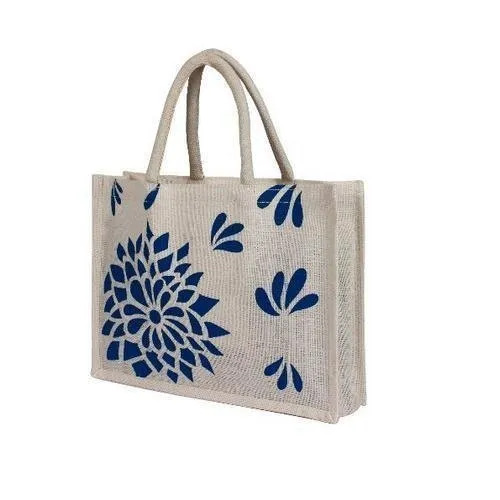Jute bags have become a popular alternative to traditional plastic bags due to their eco-friendly nature. They are made from a natural fiber that is biodegradable, making them an excellent choice for those who want to reduce their environmental impact. However, the benefits of jute bags extend beyond environmental sustainability. They also play a crucial role in promoting economic independence for farmers in developing countries, particularly those in South Asia.
Wholesale suppliers of jute bags work closely with farmers to produce high-quality jute fibers that can be used to create various products. These suppliers often provide farmers with training and support to help them improve their jute cultivation practices. They also offer fair prices for the jute fibers, ensuring that farmers receive a reasonable income for their hard work.
The partnership between farmers and jute bag suppliers is mutually beneficial. By working with wholesale suppliers, farmers can gain access to new markets and increase their earning potential. They are also able to diversify their income streams, as jute cultivation is often done alongside other crops. Additionally, jute bags offer a sustainable alternative to traditional plastic bags, which can be harmful to the environment and difficult to dispose of properly.
One of the main ways that wholesale jute bag suppliers help farmers achieve economic independence is by providing them with access to global markets. These suppliers have established networks that allow them to distribute jute bags to customers around the world. As a result, farmers are able to sell their jute fibers at higher prices than they would otherwise receive in local markets. This allows them to earn a better income and invest in their communities.
Another way that wholesale suppliers of jute bags support economic independence for farmers is by providing them with training and resources. Many farmers in developing countries lack access to the knowledge and technology needed to cultivate high-quality jute fibers. Wholesale suppliers help bridge this gap by providing farmers with training on best practices for jute cultivation. They also provide access to resources such as seeds, fertilizer, and irrigation systems to help farmers improve their yields and increase their income.
Furthermore, the production of jute bags creates employment opportunities for people in rural areas. This can have a significant impact on local economies, as it helps to create jobs and reduce poverty. Wholesale jute bag suppliers often work with local artisans and craftspeople to create handmade bags that are unique and of high quality. This provides employment opportunities for individuals who may not have access to other types of work.
In addition to economic benefits, the use of jute bags also has social and environmental benefits. Jute cultivation is a sustainable practice that requires less water and pesticides than other crops. It also helps to reduce soil erosion and improve soil fertility. By promoting the use of jutewholesale suppliers are contributing to a more sustainable future and reducing the environmental impact of plastic bags.
In conclusion, wholesale jute bag suppliers play a vital role in promoting economic independence for farmers in developing countries. By providing training, resources, and access to global markets, these suppliers help farmers improve their livelihoods and support their communities. The use of jute bags also has social and environmental benefits, making it a win-win for everyone involved. As awareness of the environmental impact of plastic bags continues to grow, the demand for jute bags is likely to increase. This presents an opportunity for farmers and wholesale suppliers to continue to work together to create a more sustainable and equitable future.